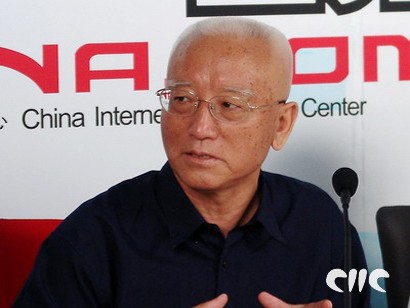
(TibetanReview.net, Dec21, 2015) – The titles of “Living Buddhas”, the Chinese nomenclature for Tibetan tulkus, or reincarnated religious leaders, are being sold for more than 200,000 yuan (US$30,800) and top atheist Chinese leaders have been accused of being involved in the corruption. Ye Xiaowen, head of the State Administration for Religious Affairs (SARA) for over a decade until 2009, and Zhu Weiqun, former head of the Tibet section of the United Front Work Department, have both been accused of overseeing long-running corruption involving the naming of “Living Buddhas,” said a ucanews.com report Dec 18.
The accusations were reported to have been made by Jiangbian Jiacuo, a respected Tibetan scholar at the Chinese Academy of Social Sciences who made them on Weibo, China’s equivalent of Twitter, before being removed on Dec 18.

However, the accusations were reported to have remained on the websites of the Pu Shi Institute for Social Sciences in Beijing and Invisible Tibet, which is run by the Beijing-based Tibetan writer in Chinese and Tibet blog activist Ms Tsering Woeser.
“Director Ye, how much [money] did you dredge up yourself?” Jiangbian was reported to have asked at the end of his first article published on Dec 12.
He was also reported to have accused Zhu of corruption in his next posting and to have also questioned the latter’s statement that said money generated around “Living Buddhas” may have been used to fund separatist activity in Tibet, asking who should be responsible for policy errors.
Besides, in some cases, powerful officials in Tibet were found to have been bribed or had themselves chosen their own “Living Buddha” candidates, the report added.
The title “Living Buddhas” was said to be in great demand among China’s 200 million Buddhists who were prepared to donate large sums for the honor of receiving their blessing.
Many “Living Buddhas” were found to be fakes, the report said, citing an investigation published last August by Zhang Weiming, a researcher at the Sichuan Tibetan Buddhism Culture Research Center.
Zhang has estimated that there may be as many as 10,000 people calling themselves “Living Buddhas” across the PRC, even though the state has only recognized 1,700, suggesting 83 percent may be fraudulent.
In 2007, China initiated a law governing the selection and reincarnation of Living Buddhas when Ye was director of SARA.


